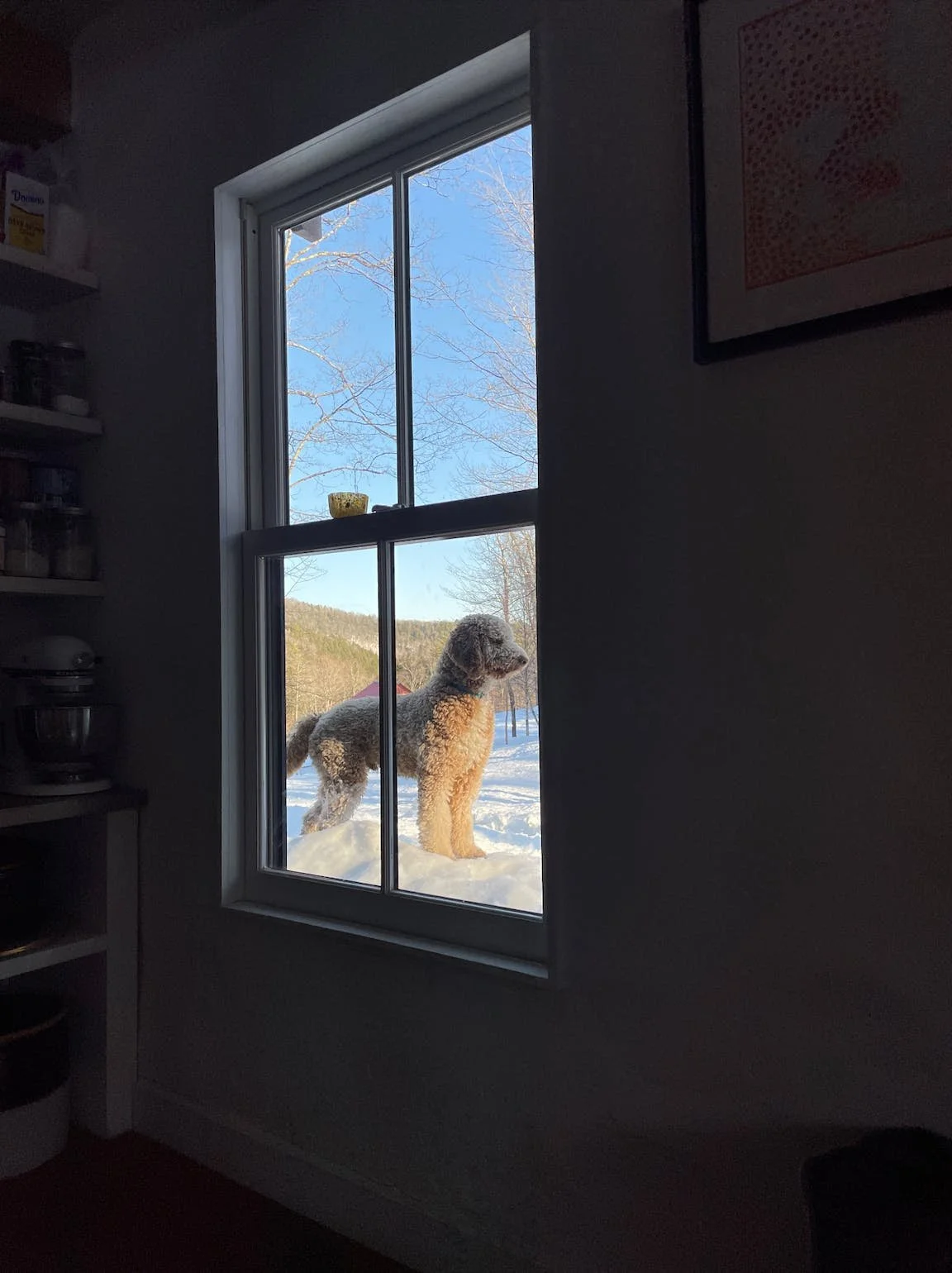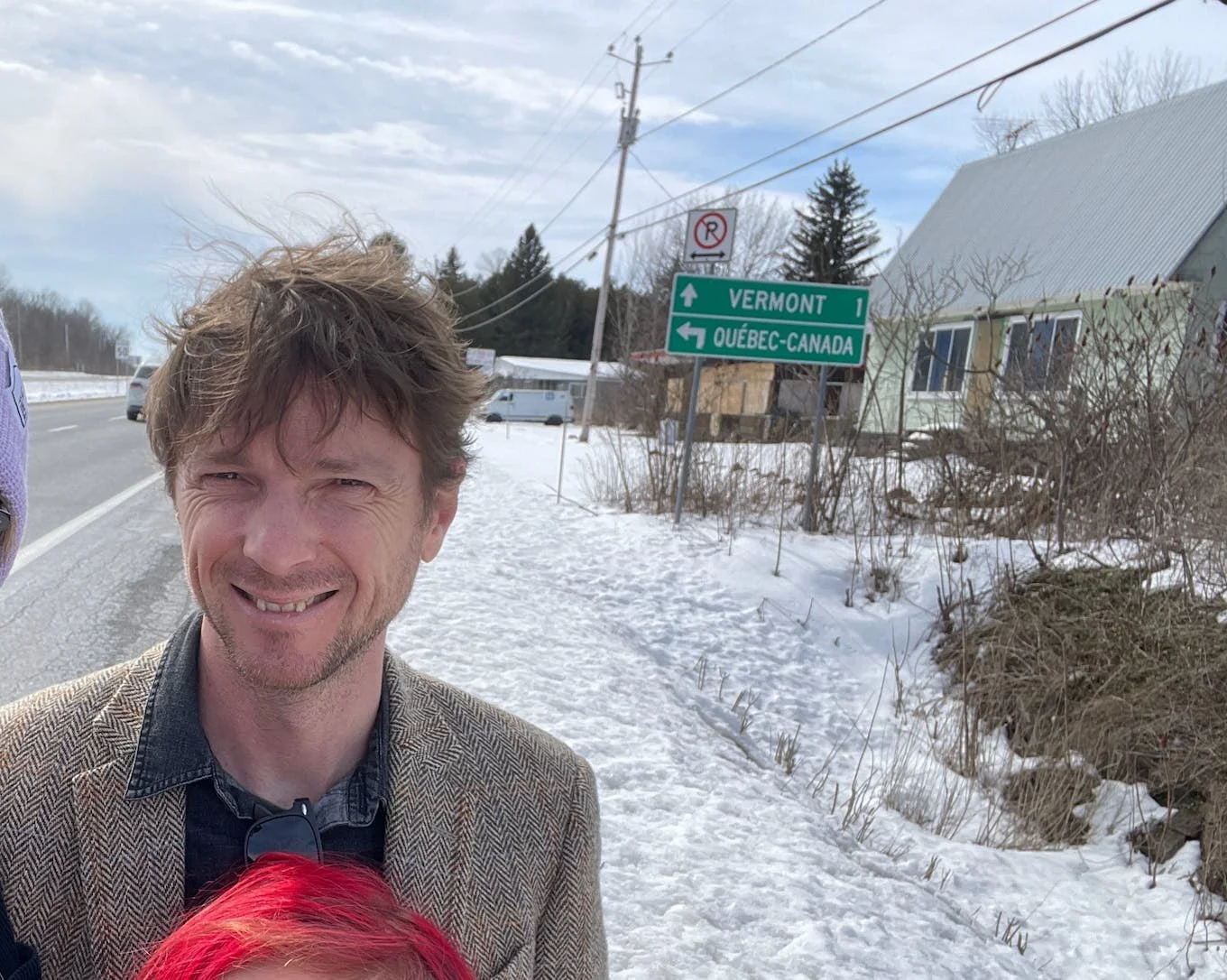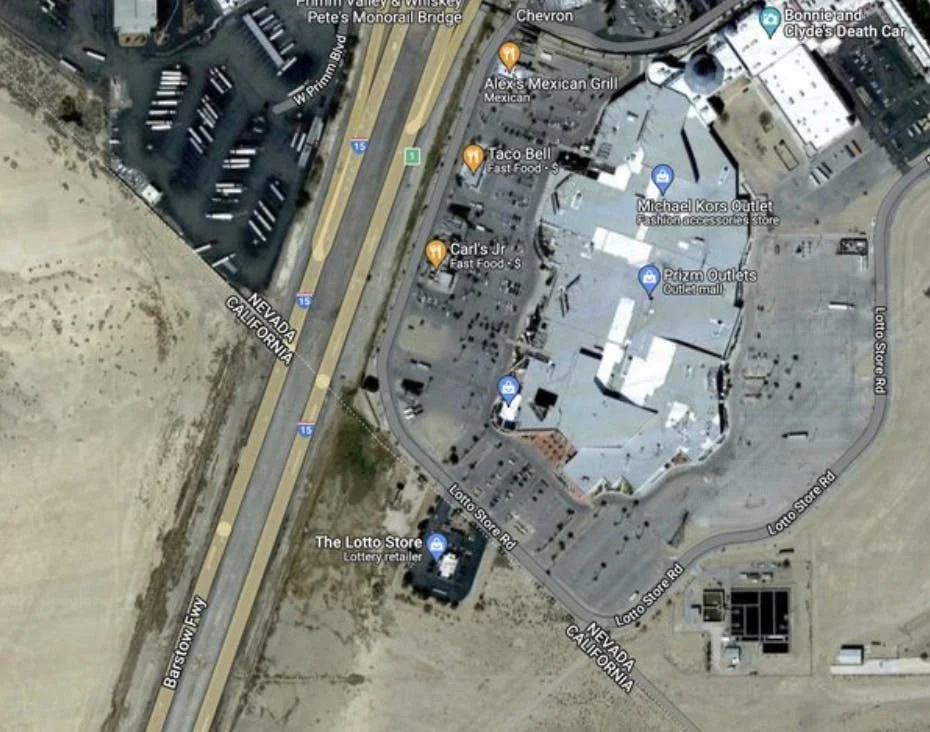Open borders — for education dollars?
2023-03-24
Dear friend,
I'm hearing a lot of "Yeses" from voters on H.183. Folks are loving the accountability and oversight of approved independent schools that are eligible to receive public tuition.
Just kidding! Are you awake now?
I'm talking to the many residents who have written in, just in the last day, asking me to vote "No" on H.183. Thank you for your input!
I'm getting correspondence in support of this bill, but greater number of residents are asking me to vote against it because it is perceived as limiting school choice. (For background on the issue, and what I said in support of the bill, read Accountability for education dollars.)
One issue -- there is no geographic boundary on how from from Vermont the taxpayer monies in the Education Fund go.
Schools like NMH and Franklin Tech are in Massachusetts, but offer locations and an educational program that a student in Halifax might determine is their best fit. Students from Halifax go to both of these schools, and further, with up to about $18k in tuition pear year.
One resident wrote in against the provision in the bill that would limit public tuition going no further than 25 miles past Vermont's borders (except with Quebec). They wrote:
"Not every school is right for every student. The bill acknowledges as much in Section 827, paragraph c, which allows for a parent to petition the district to allow the student to switch schools. So why set arbitrary limits based some geographical boundary? That is contradictory and just makes no sense."
Great point. Arbitrary limits are bad, right?
In other words, folks in support of this policy want to see open borders when it comes to their education taxes. I believe I heard that an amendment had been offered to include Canada in the mix, although it was voted down in committee.
This conversation led me to think a lot about borders. It's a topic that comes up a lot.
Of course, we've been flooded for decades with political debate about immigration, and it looks like it will only get hotter in Vermont this year. Crossings on our Northern border are up tenfold as the Souther border tightened up and word got out. Border Patrol is scrambling extra resources to Vermont. Out of detention capacity, Border Patrol is now giving asylum seekers a future court date and provisions for mandatory reporting to ICE, and then dropping them off at the St. Johnsbury bus station. (VT Digger)
But the topic of this essay is a bit more context on why I voted "No" yesterday on H.127, as I told you I would. And then this will tie back to H.183.
I'm voting "No" on H.127 because I love borders. Good borders are fundamental to how I feel at home as a human.
When the front door clicks closed behind me and I can feel the warmth of the wood stove, and I discern a rustle of a puppy or a human somewhere, I'm in my hearth space. I like having walls around my house. I can discern inside from outside.
I love the outside, and I want it out there, where I can go it when I want to see the sunrise, unencumbered by glass.
What makes something a home and not a shanty that the wind blows through is having good boundaries.
I like being able to go visit a friend's house and come back to mine, and to know the difference.
And when I drive to Greenfield, Massachusetts and back, I have no doubt that I have left my home state. And though I appreciate the YMCA and the acupuncturist and the music scene in Greenfield, I'm happy to be home in Vermont later on.
Borders mean something.
If we could somehow take away the borders I just described, we would have a more open world. Perhaps it would be a better world. It would also be a more same world.
More than one voter last fall told me that Vermont south of Route 4 should hook up with Western Massachusetts and perhaps pull in some of the Taconic counties from New York State.
Halifax and Whitingham would no longer be protecting Vermont's southern border. (That's how I described Halifax to my legislative colleague in Swanton when he asked where the heck Halifax is. I shouldn't joke, though. We are at peace with Colrain, yet illegal border crossings from Canada are increasing, upsetting residents.)
No, Halifax and Windham-6 would be in the heart of a new super-state, a band of rural regions whose hearts feel broken and left behind by our urban political centers.
So our Massachusetts and New York borders become a thing of the past. What would we do about billboards?
Those states have multimillion-dollar roadside advertising industries, run by billion-dollar corporations. And I don't know about you, but I'm really glad that Vermont doesn't allow billboards.
When I drive as far as Hartford, CT and back, I feel like I have to take a shower to get the personal-injury and fat-shaming gunk off of my whole body.
But at least everyone in the car knows what exits on I-91 offer the cheapest, most "in-and-out" cannabis shops. (Sarcasm.) It's the same reason I mute the pharma ads if cable TV is on. It's been studied -- this stuff is bad for our health.
If the billboards ever come for us, put my name down for the fight. I could see a grassroots "Take Back Massachusetts" campaign sprouting up. As in, if you drove by a billboard with "TBM" graffiti (artful, this being Vermont), you'd know it meant "Take this junk back where it came from."
Let's say this political movement succeeded, and the greater state of Ver-Mass-York carved out the counties-formerly-part-of-Vermont as a no-billboard zone. Everyone's happy?
At that point, we're back where we started. Borders.
I don't want a world that's the same everywhere. I like borders. A lot of people I know like visiting places that are different, like Montreal.
Borders have problems and unique issues and they always will. Few things in the universe are perfectly airtight. And a lot goes on in the edge habitats.
You know that hazy mold that develops on windows? They have that on the International Space Station. Think of how many borders it had to cross to get there, against NASA's will.
And like having open windows when a storm front is blowing in, borders can appear at different times too porous, or not porous enough, depending on your point of view and objectives.
Borders are also arbitrary, and can mix elements in chaotic ways that are sometimes a problem.
Again, this is true in nature. The line of trees around my pasture is rectilinear. At some point, someone put a stone wall in a certain place, and since then the trees have been cut to that line. It's totally arbitrary, and at this point it's a key part of the ecosystem. Edge habitats are diverse. Pin cherry seedlings sprout and provide food for songbirds. Birds of prey know that, and visit, and also hunt for mice in the grass.
The first exit up I-91 into Vermont has the most harmful fentanyl trade in our region within a certain radius.
Or take this weird example: this is Primm, Nevada. It's a small rural town right over the border from California. It's the first town you'd it in Nevada if you were driving on I-15 from L.A. to Vegas. As you'd expect, it's got casinos.
It's also the first town you hit going in the other direction, and that's where The Lotto Store comes in.
The Lotto Store is accessible by road from Primm, Nevada, but is located over the border in Nipton, California.
The Lotto Store can't exist in Nevada, because Nevada doesn't have Powerball or any other state-run gambling. So it located itself and pays taxes in Nipton, California, and then stuck itself like a barnacle onto the services of Primm, Nevada.
It doesn't look like the city of Primm objects to it. It it looks like a cozy relationship with the business when they name the road to your business for the business.
But it makes for a weird picture on Google maps.
Something like this is happening with sports wagering around Vermont right now. Vermonters are driving over state borders to be able to access apps and websites that are disabled in Vermont. Or, doing that digitally with VPNs.
Some people would say that this is evidence that we should equalize our laws across state lines. If all the surrounding states are doing it and bringing in tax revenue, we might as well do it too.
I disagree. Weird things like the Lotto Store can happen at borders, but that doesn't mean we shouldn't have borders. It's okay to hold a line somewhere on our values of what Vermont stands for.
In this case, I think Vermonters are not asking me as their Representative to move urgently to legalize sports wagering. I'd rather wait. Let's talk more and gambling and phone addiction, and get our healthcare system working better post-COVID before we add more caseload to it. Go somewhere else and gamble. And have a great trip!
That's my take on it, and thank you to the voters who wrote in to tell me they supported this vote!
Back to the education bill, H.483.
On the one hand, in an ideal world, resources should follow an individual student to the place where they are best suited to be, however far afield. Just because the public education system is organized and funded by us as Vermonters shouldn't stop us from sending those dollars geographically where they are most needed.
On the other hand, is there any point at which a line can be drawn? Residents have written in to advocate for their right to send a child to a Christian school. The Supreme Court has told us we can't discriminate by religion on where those dollars go, so we won't do that. But private schools can accept students and their public tuition, and they can turn students away, without safeguards against discrimination. Similar issue with their hiring practices.
Meanwhile, the public schools need to keep their doors open, year in year out, and open those doors to everyone who walks in, including those with an IEP. And the public schools meet these needs, while being stressed and under-funded.
So maybe we should do something to level a playing field that in some ways is tilted against our public schools.
Yes, those borders will be arbitrary. You have to pick some limit, some standard.
To those writing in about H.183, this is going to come down to what specifics end up in or out of the bill next week. I do not support a bill that is out to limit choice. I could support a bill that asks for reasonable ethical and quality standards for all institutions taking public tuition.
What's your feedback on this email? I'm laying out my thinking on bills when I can so that you can understand my policy choices and how I think about things. If you disagree -- that's useful feedback and I appreciate it, every time.
A lot of the H.183 discussion in this email is centered on a choice conversation that's different in Halifax as compared to Twin Valley. There's nothing in this bill that would increase choice for high school students in Twin Valley, as some people would like. I constantly give the Education Committee feedback from both a Halifax and a TV perspective, including that some families want more choice. I'm not seeing a path where the committee would support that in this biennium.
I would like to talk more about the unique challenges and opportunities for Twin Valley families in another email. Please write in with your thoughts and stories if you feel you have an important perspective here.






